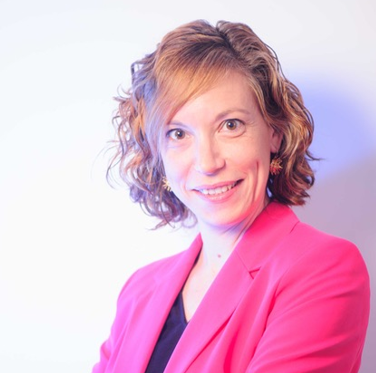
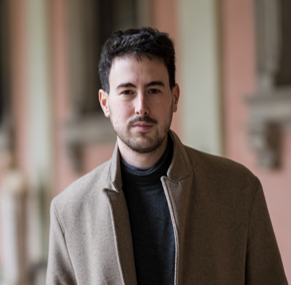
Sònia Boadas is Associate Professor of Spanish Literature at the Universitat Autònoma de Barcelona, Principal Investigator of the Thal-IA project, and a member of the scientific committee of the Prolope research group. She has been a Marie Curie Fellow at the Università di Bologna and a Ramón y Cajal Researcher at the Universitat de Girona. Her main line of research focuses on textual issues in the Early Modern period, with particular emphasis on the production and transmission of Golden Age theatre. She currently leads and coordinates several projects aimed at deepening our understanding of the creative process behind the Comedia Nueva through the application of techniques related to Artificial Intelligence and spectral analysis.
Álvaro Cuéllar is a Juan de la Cierva Postdoctoral Researcher at the Universitat Autònoma de Barcelona. His research focuses on the computational study of Spanish Golden Age theatre, with particular attention to authorship, transcription, dating, and the identification of scribes and printing houses, among other aspects. He is co-director of the Estilometría Aplicada al Teatro del Siglo de Oro portal, which offers analytical tools for the Early Modern theatrical repertoire, and of the TEXORO database, which allows users to perform searches on a corpus comprising 40 million words. In recent years, he has notably contributed to the discovery of La francesa Laura, a lost play by Lope de Vega, through the application of Artificial Intelligence techniques. Additionally, he has played a key role in the recovery of the overlooked playwright Andrés de Claramonte, to whom history had denied essential texts such as El burlador de Sevilla.
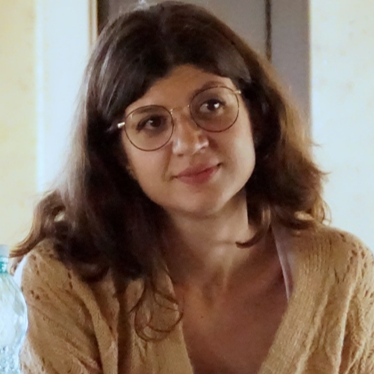
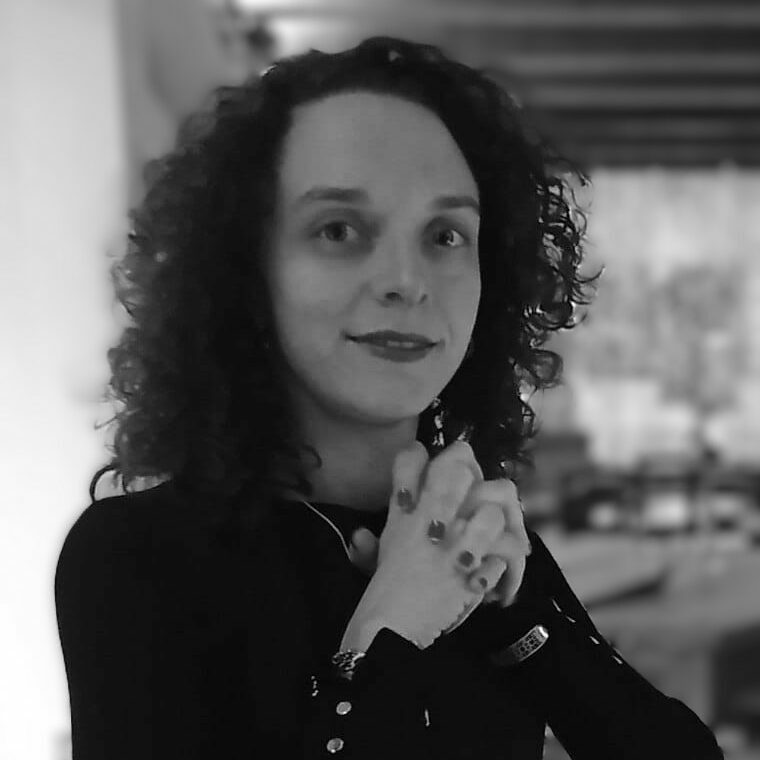
Arantxa Llácer Martorell is a postdoctoral researcher funded by the Generalitat Valenciana (CIAPOS 2024) and is currently undertaking a research stay at the Autonomous University of Barcelona. This stay enables her to collaborate with the research project Thal-IA. Patrimonio teatral áureo: inteligencia artificial y fotografía espectral, in which she served as a contracted researcher between 2024 and 2025. Her work focuses on developing expertise and tools for the identification, cataloguing, and analysis of manuscripts in national and international libraries and archives. In addition, she applies artificial intelligence techniques to the processing and analysis of manuscript data.
She holds a PhD in Philological Studies from the University of Valencia (2021), with a dissertation Jaume Ramon Vila i el seu Dietari. Edició i estudi. His research focuses on the history of the book in the 16th and 17th centuries, the Golden Age theatrical circuit, and its manuscript transmission. Between 2022 and 2024, he held a competitive Margarita Salas postdoctoral fellowship to develop the project Els impressors catalans de Lope de Vega at the University of Valencia.
Elena Merlino holds a PhD in Languages, Literature, and Comparative Culture from the Università di Firenze, where she defended her thesis entitled Spazi fisici e spazi immaginari agli albori della comedia nueva in 2024, under the supervision of Professor Salomé Vuelta García. Between 2024 and 2025, she was a postdoctoral researcher at the Università degli Studi Roma Tre, under the supervision of Professor Fausta Antonucci, working on the development of the Calderón Digital database. She also served as a full professor of Spanish Literature at the Università di Firenze (2025). Her research focuses on 16th and 17th-century Spanish theatre, with a particular focus on theatrical and performative dimensions. Her publications include a critical edition, studies on theatrical space, and source analysis. She is currently a postdoctoral researcher on the Thal-IA project at the Universitat Autònoma de Barcelona.
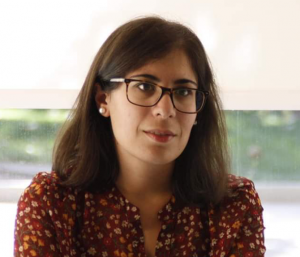
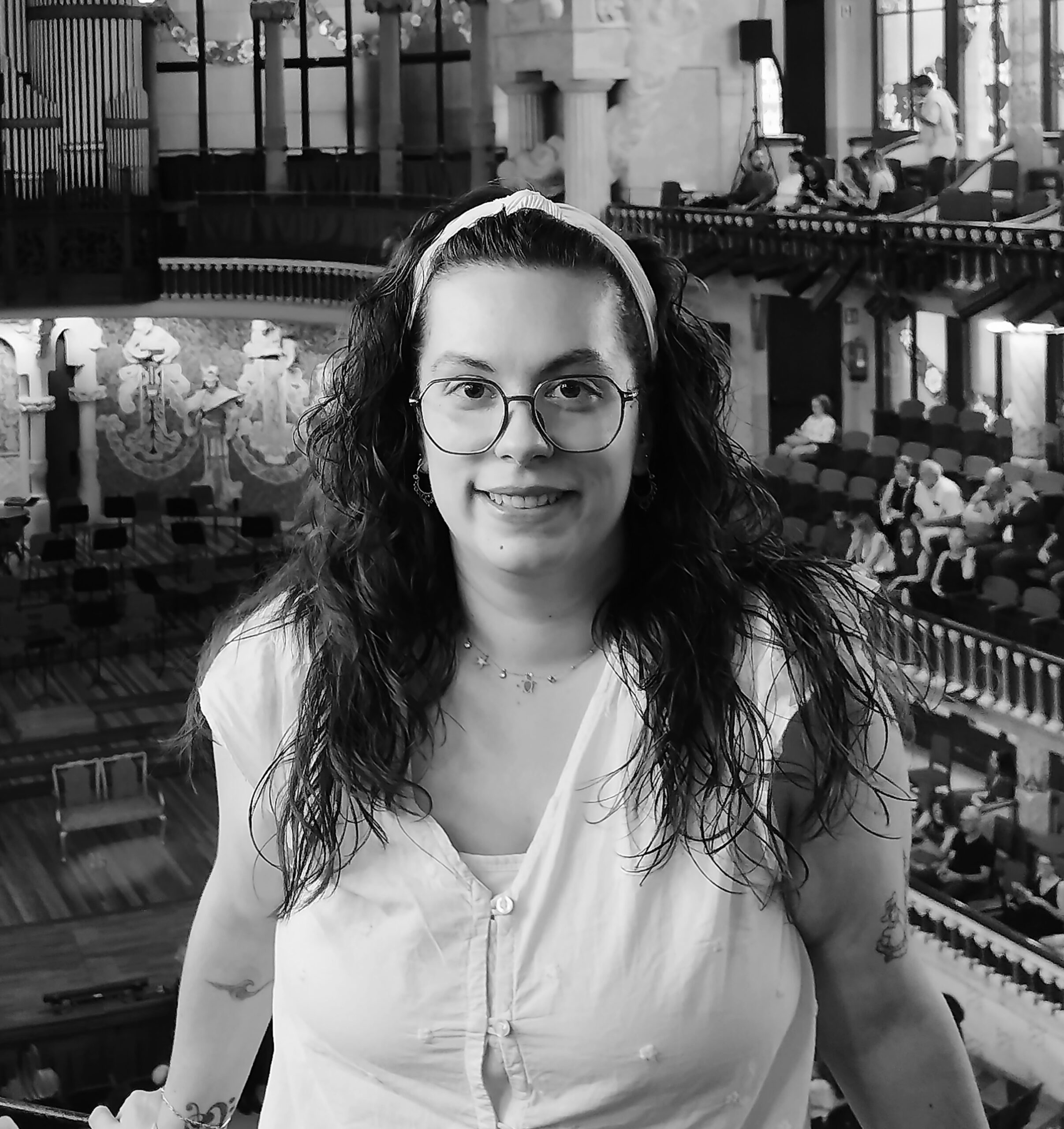
Rocío Alonso Medel holds a PhD in Spanish Language and its Literatures (Royal Decree 99/2011) from the Universidad Complutense de Madri, awarded through a predoctoral contract for research staff training at UCM (CT42/18–CT43/18). She has held a Margarita Salas postdoctoral fellowship at the Institute of Medieval and Renaissance Studies and Digital Humanities of the Universidad Complutense de Madri. Her research focuses on the study and reception of Spanish Golden Age theatre, the generic hybridism of 17th-century texts, 16th-century lyric poetry, and Baroque hagiography. She is currently a postdoctoral researcher on the Thal-IA Project.
Verónica Torres Martín holds a PhD in Linguistic, Literary, and Cultural Studies from the University of Barcelona, where in 2025 she defended her doctoral dissertation entitled Hacia una tipología de “santas vivas” (1400–1550) y su reflejo en la literatura hagiográfica hispánica, supervised by Dr María del Mar Cortés Timoner. Her main line of research focuses on the study of female spirituality in the Late Middle Ages and the Early Modern period, alongside the study of Spanish women playwrights of the Siglo de Oro. In particular, her research on Joana Teodora de Sousa stands out; she edited Sousa’s play El gran prodigio de España, y lealtad de un amigo (Edicions Universitat de Barcelona, 2021). She is currently a member of two research projects: Catálogo de Santas Vivas (Fase Final): Hacia el primer modelo de santidad femenina de la Contrarreforma, directed by Rebeca Sanmartín Bastida, and she is also a contracted researcher on the project Thal-IA. Patrimonio teatral áureo: Inteligencia Artificial y Fotografía Espectral, led by Sònia Boadas Cabarrocas.
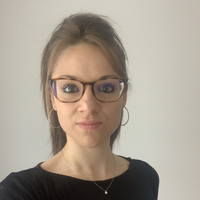
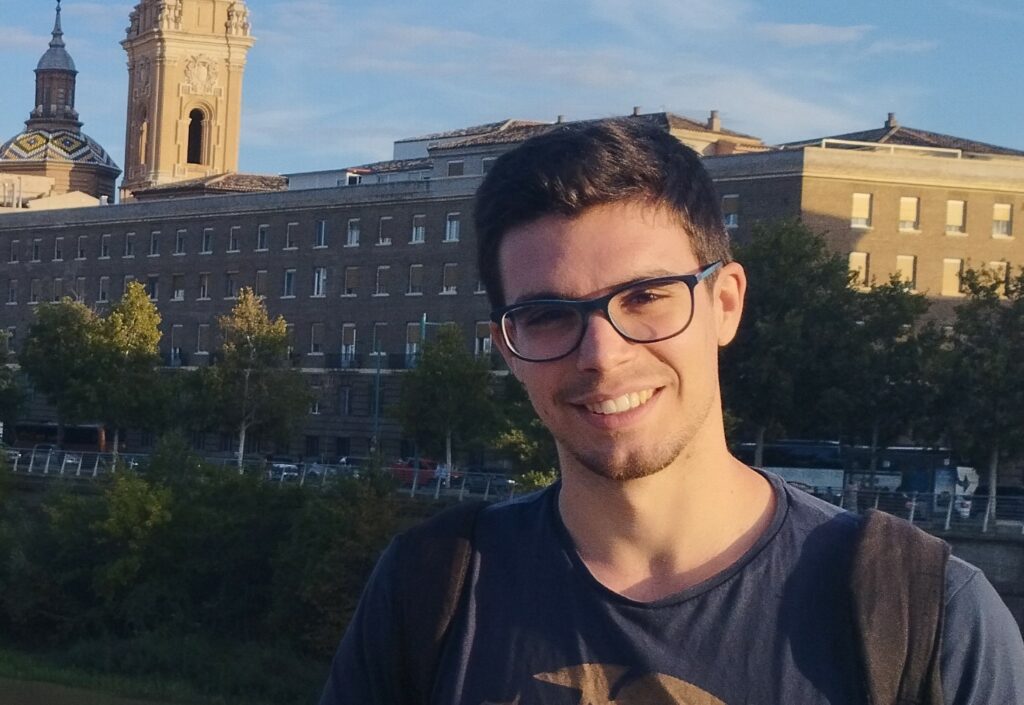
Giada Blasut is a Juan de la Cierva Postdoctoral Research Fellow at the Universitat Autònoma de Barcelona and coordinator of the database AUTESO. Autógrafos Teatrales del Siglo de Oro, directed by Sònia Boadas and Marco Presotto.
After earning her PhD in Letterature Straniere, Lingue e Linguistica at the Università degli Studi di Verona, in cotutelle with the Universidad Complutense de Madrid, she held a postdoctoral research position at the Università di Trento and was a contracted lecturer at the Università degli Studi di Milano. Her research focuses on Spanish Golden Age theatre, with particular emphasis on the autograph manuscripts of Lope de Vega and Juan Claudio de la Hoz y Mota, as well as on Castilian chivalric romances, of which she has recently edited Silves de la Selva by Licenciado Pedro de Luján.
Joel Reverter Lainez holds a degree in Hispanic Language and Literature from the Universitat Rovira i Virgili. He is currently a predoctoral FPU fellow and a member of the PROLOPE research group. His research examines Golden Age theatrical manuscripts through digital humanities methodologies, with particular attention to the interventions of the censor Pedro de Vargas Machuca. He collaborates with the Thal-IA group, where he contributes to the development of models for the synthetic generation of handwritten scripts. In addition, he studies the writer Sebastià Juan Arbó in collaboration with Joan Antoni Forcadell, with whom he has published the author’s Obra dramàtica and is developing the Sebastià Juan Arbó Digital Archive.